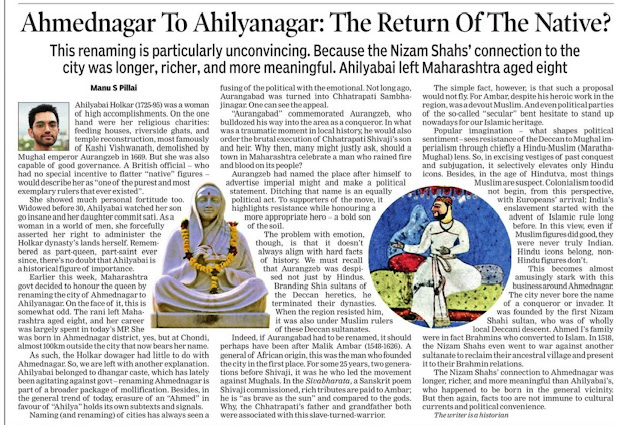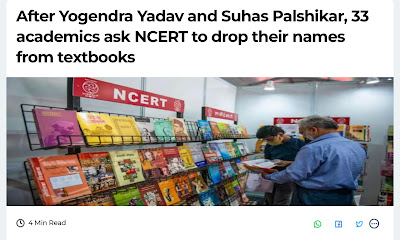Persistence of ‘secular’ histories and their porous narratives

Manu Pillai and Anirudh Kanisetti have been two writers who attempt to present their understanding of India’s past in a style and prose that can fancy more discerning readers bought on popular fiction. While it is doubtful if they present any original research, they certainly lay before a much larger audience, distilled views from more serious academic studies in racy and elegant prose. Otherwise much of social sciences and historical research are transacted in obtuse language that can intimidate and deter many. Yet social science scholarship is very subjective and over the years the conflict paradigm has dominated its practice. This perspective is not without its problems for it imagines an eternally divided world from the past where matters have always worked against the putatively disadvantaged communities at the hands of a propertied minority. While no doubt hierarchies are obnoxious, we can also see how communities in the past have sought to combat the vileness, the oppression,

